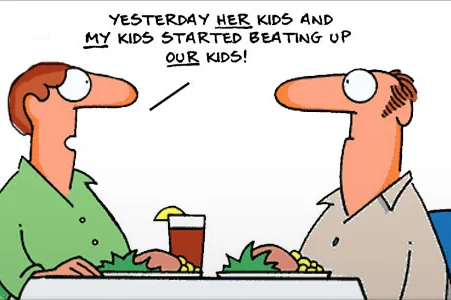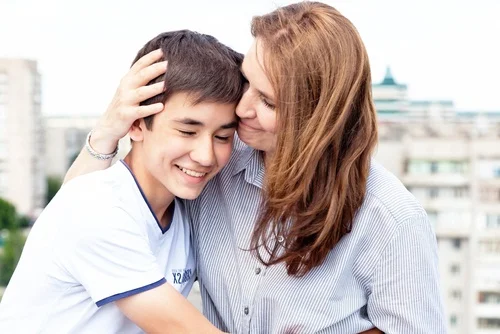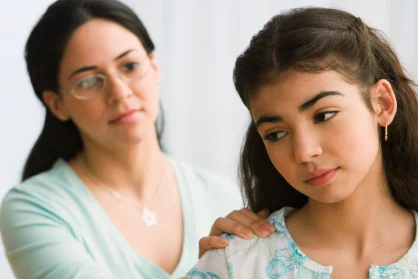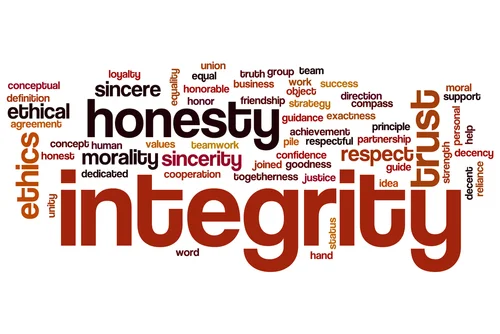+1 845 259 2974 (11 a.m to 7 p.m CST)
Changing Mindset can Help in Keeping Kids Cool
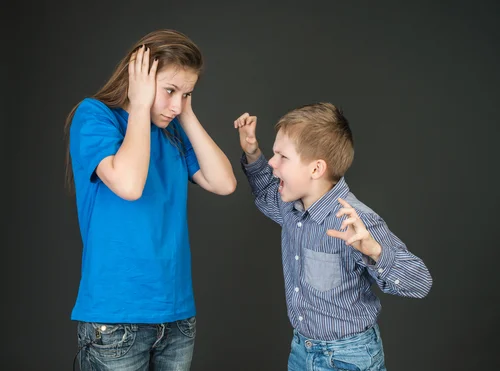
When teens feel wronged by their peers, they often react to it aggressively, especially when they perceive the provocation to be intentional. Even if they refrain from an outright confrontation, they start thinking of ways to get back at them. Many parents and psychologists are quick to associate this aggression to kids’ background and experience, holding the influence of hostile environment that the child may have possibly grown up in responsible. However, researchers have learned that aggression in children is strongly tied to their faith in the ability and inability of people to change, thus making kids raised in a privileged and peaceful environment equally susceptible to it. These findings have added a new dimension to teens’ reaction to peer conflicts, giving parents and teachers new ideas on how to handle conflict and break the cycle of aggression.
Fixed mindset contributes to social aggression
Numerous researchers have firmly established the fact that poor, violent background and experiences instill aggression in children. The anger, frustration, and insecurity are believed to contribute to their socially destructive behavior. However, the vulnerability of children raised in rich neighborhoods and without being inflicted any emotional or psychological wounds is frequently overlooked. According to a research conducted at the University of Texas at Austin, Emory University, and Stanford University, teens who believe that people don’t change over time are more likely to react aggressively in situations of conflict than those who think otherwise. This, the study found, was irrespective of the background that the kids belonged to or the experiences they had. The research further suggested that teens with a pessimistic mindset are more likely to interpret actions of even minor offence towards them as act of provocation and contemplate revenge than those with an optimistic mindset. Due to the fixed mindset, kids typically divide people in two absolute categories, good and bad. Since they do not believe that people change, they see no point in holding back when in conflict with a “bad” person.
A contemporary solution to the problem
While ensuring an atmosphere and environment of healthy mental development is one way to combat aggression in teens, it is an incomplete solution and may not be enough. Telling teens what to do and how to behave doesn’t always work either, as they’ve got strong rebellious tendencies. With the link between aggression in teens and their perception on fixedness and malleability of personality traits established by the research, focusing on changing the mindset of kids seem to be a logical and possibly effective solution. By giving them information on the plasticity of the brain and explaining how people can indeed change over time. Helping them understand this can instill a more pro-social attitude and behavior in them. It can also keep them from passing judgments on people and hanging on to them stubbornly.
Parents and teachers need to play their role to reduce aggression
The role of parents and teachers in dealing with aggression in teens and changing their mindset is crucial. It’s important for them to refrain from labeling kids as smart, clever, naughty, etc. as it can lead to a fixed mindset. Furthermore, rather than praising children as people, their effort and actions should be the focus of appreciation. Saying something like “you practice persistently and finally succeed” can help them realize that people can change and evolve. Of course, teaching teens the skills to deal with disappointments and conflicts is a must.
As teens interact socially, conflicts are bound to arise at some point. Reacting aggressively in such situations can lead to bigger problems such as verbal and even physical altercation. This can all be avoided if parents and teachers play their role effectively.



